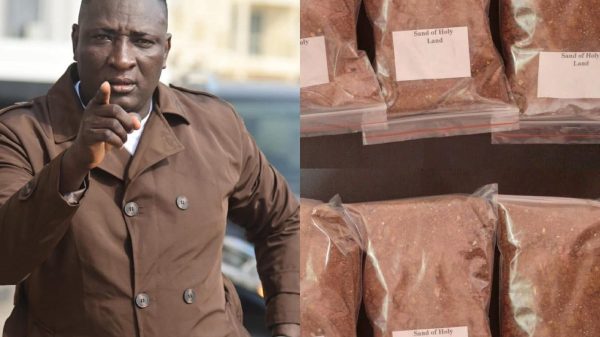The Minister of Livestock Development, Idi Maiha, has highlighted the vast economic potential of Nigeria’s leather industry, estimating its value at N23 billion with the capacity to create 700,000 jobs.
Speaking on Channels TV about recent developments in the sector, Maiha reaffirmed the government’s commitment to transforming the livestock and leather industries. However, he expressed concern over harmful local practices, such as burning animal skins with kerosene, which pose health risks and harm the industry.
To improve hygiene and maximize the use of by-products like hides and skins, the government plans to regulate meat processing and establish Skin Collection Centres (SCCs) in rural areas. These centers will engage local youth in aggregating and semi-processing hides to boost value addition.
Currently, 90 percent of Nigeria’s leather is exported, mainly to Italy and Spain, due to limited local processing. Maiha revealed that the government is working with stakeholders to encourage domestic production of high-quality leather goods, including shoes, belts, and bags.
Shoemaking factories in Maiduguri and Aba are already producing footwear, including jungle boots for security forces, proving Nigeria’s ability to develop its leather industry. Maiha urged Nigerians to support locally made leather products to reduce dependence on imports.
“Many luxury leather products worldwide are made from Nigerian hides and skins. We must change our mindset and take pride in made-in-Nigeria goods,” he stated.
On broader livestock development, Maiha assured stakeholders that efforts are underway to support poultry farmers, especially in addressing high feed costs. He noted that as grain prices decline, the cost of poultry products, including eggs, is expected to stabilize.
The government is also collaborating with chambers of commerce and industries to expand local production and attract investment.
Regarding disease control, Maiha confirmed isolated bird flu outbreaks in Zamfara and Kano, with swift government intervention to contain the spread. He emphasized the importance of biosecurity measures in protecting poultry farms.
Beyond livestock farming, the government is set to promote apiculture (bee farming), a sector with high export potential. Maiha, who is a beekeeper himself, explained that while honey is the most common bee product, high-value derivatives such as beeswax, pollen, royal jelly, and bee venom offer lucrative opportunities.
“Bee farming requires minimal investment, is highly profitable, and supports job creation. The government will drive awareness and capacity building to attract more Nigerians into this sector,” he added.
Addressing the issue of herders and grazing reserves, Maiha disclosed that four grazing reserves have been identified in the Federal Capital Territory (FCT). The government will collaborate with the FCT Minister and local council leaders to develop them.
He also announced planned engagements with pastoral organizations like Miyetti Allah to ensure smooth implementation of livestock policies.
“The government is committed to sustainable livestock management, ensuring that herders have secure, well-developed grazing reserves with access to essential infrastructure,” he said.
In conclusion, Maiha reaffirmed the government’s dedication to unlocking the full potential of Nigeria’s livestock sector. He emphasized its role in job creation, food security, and strengthening local industries.
















































































































